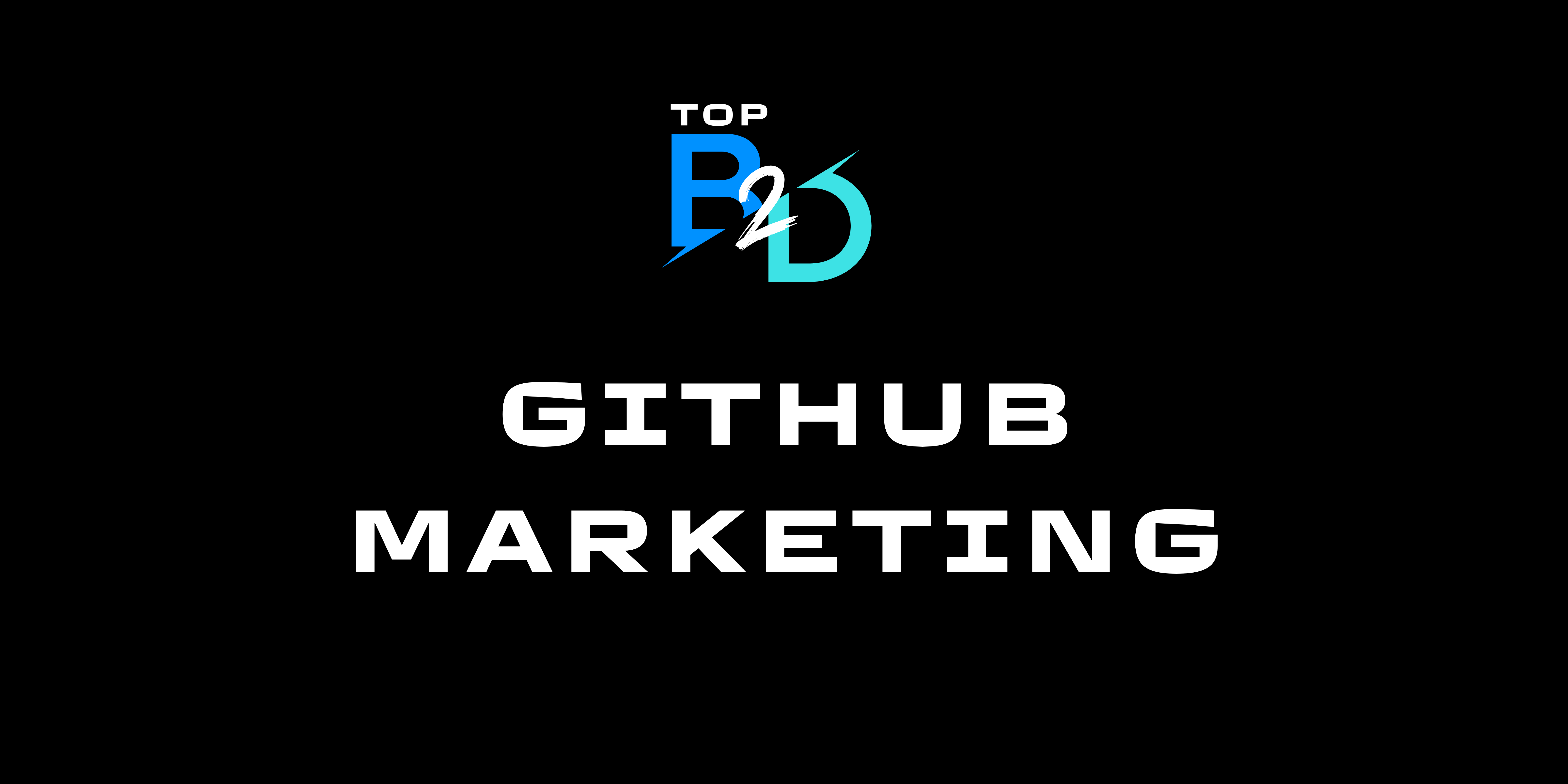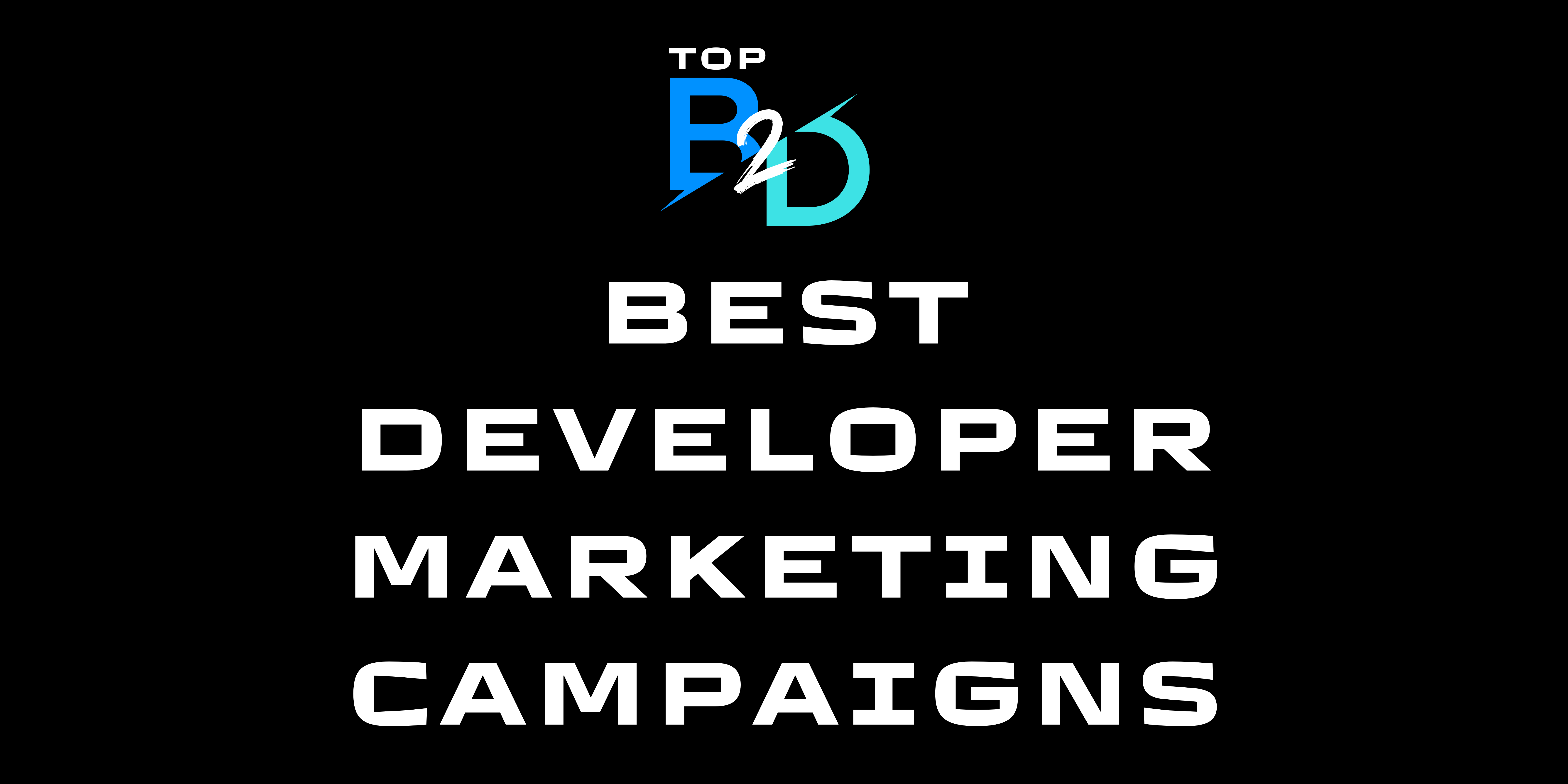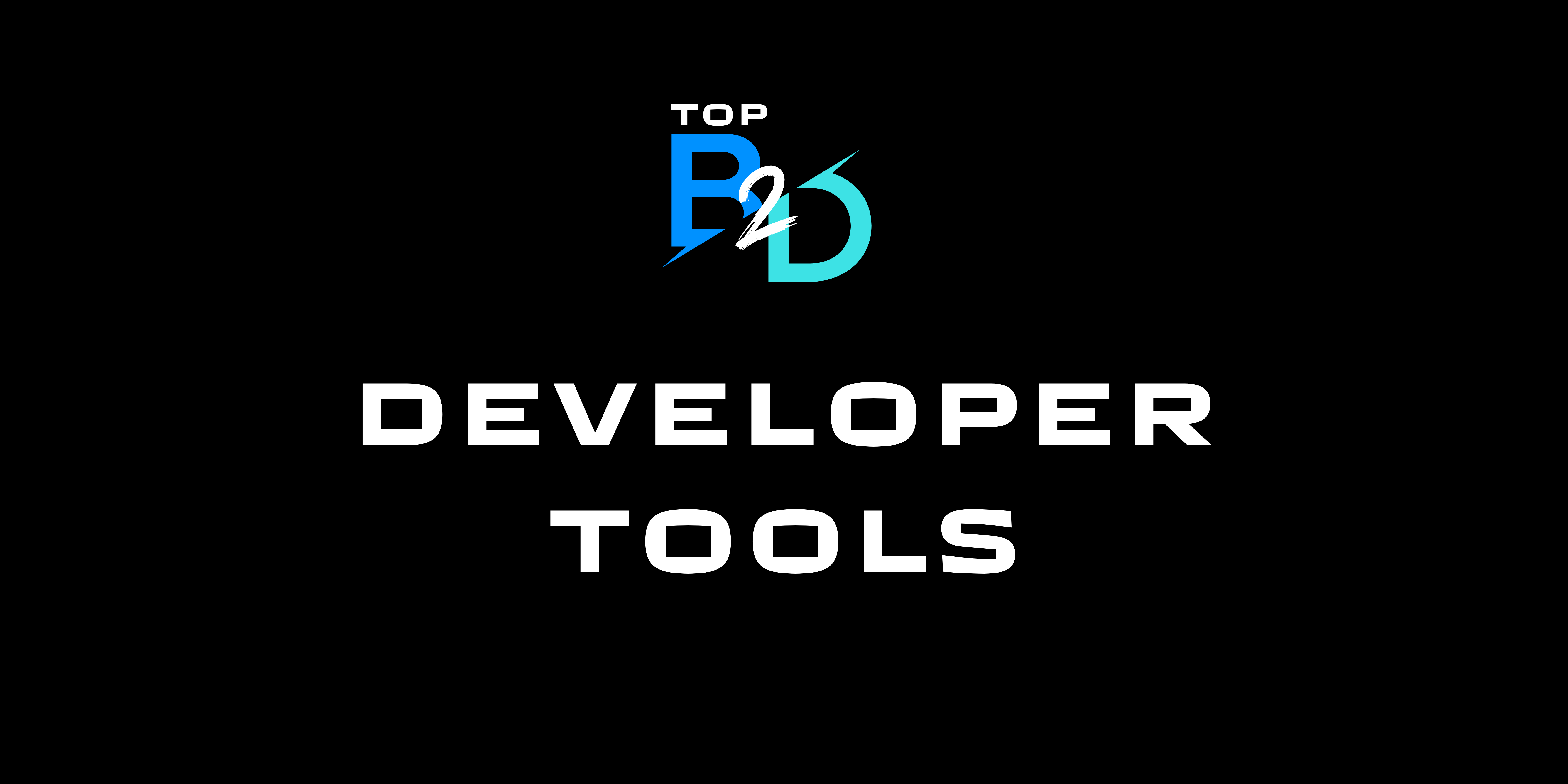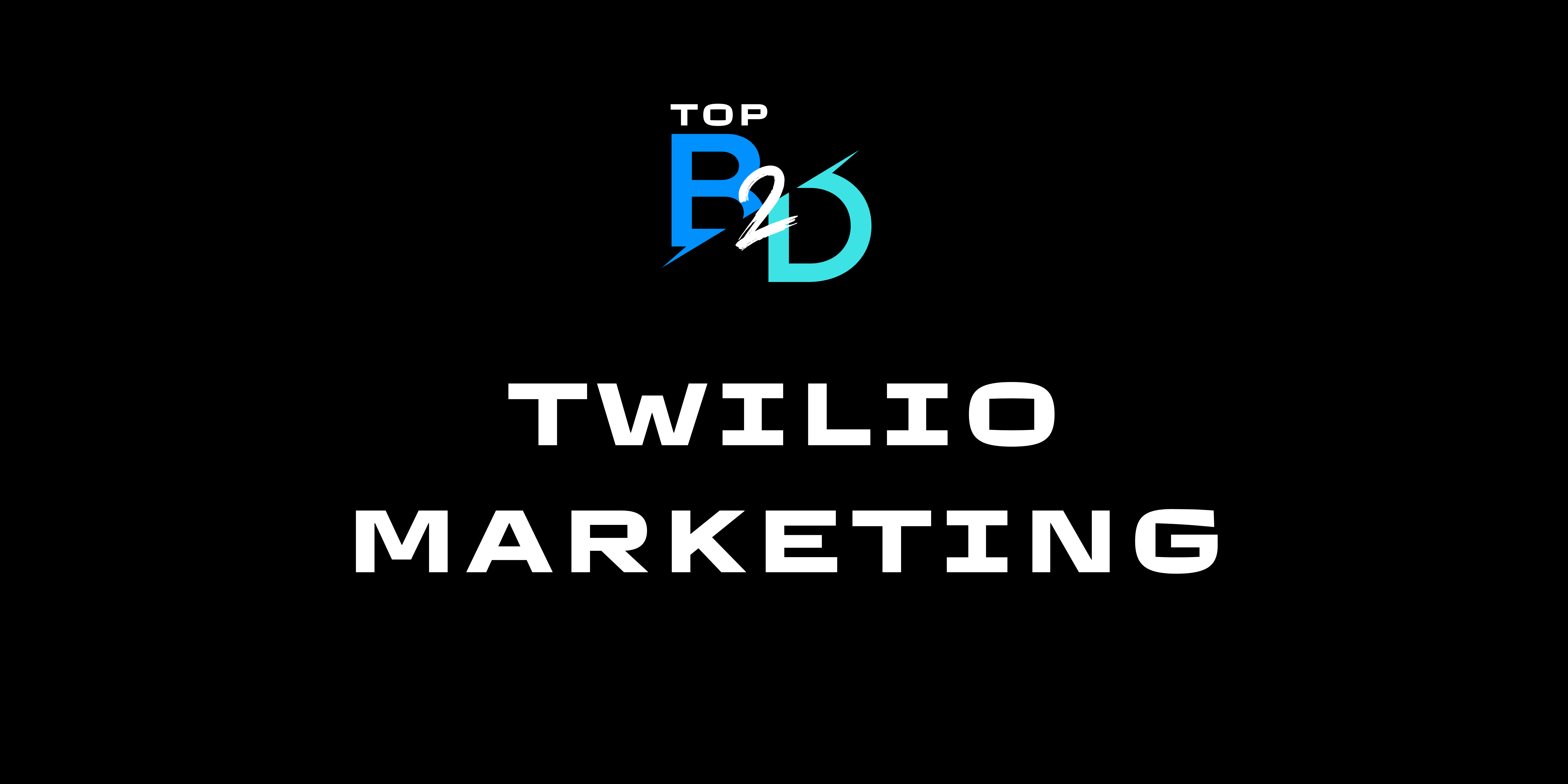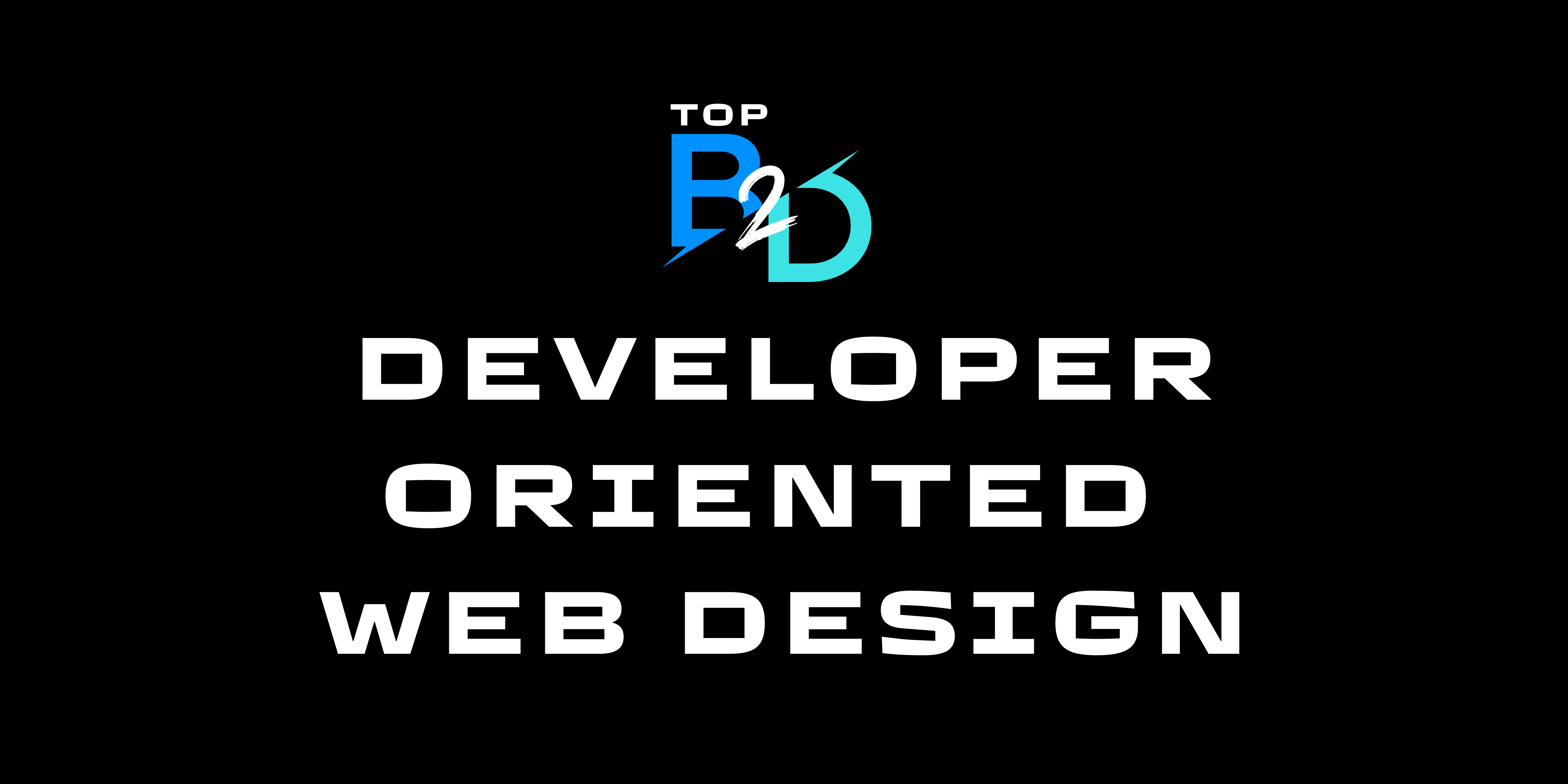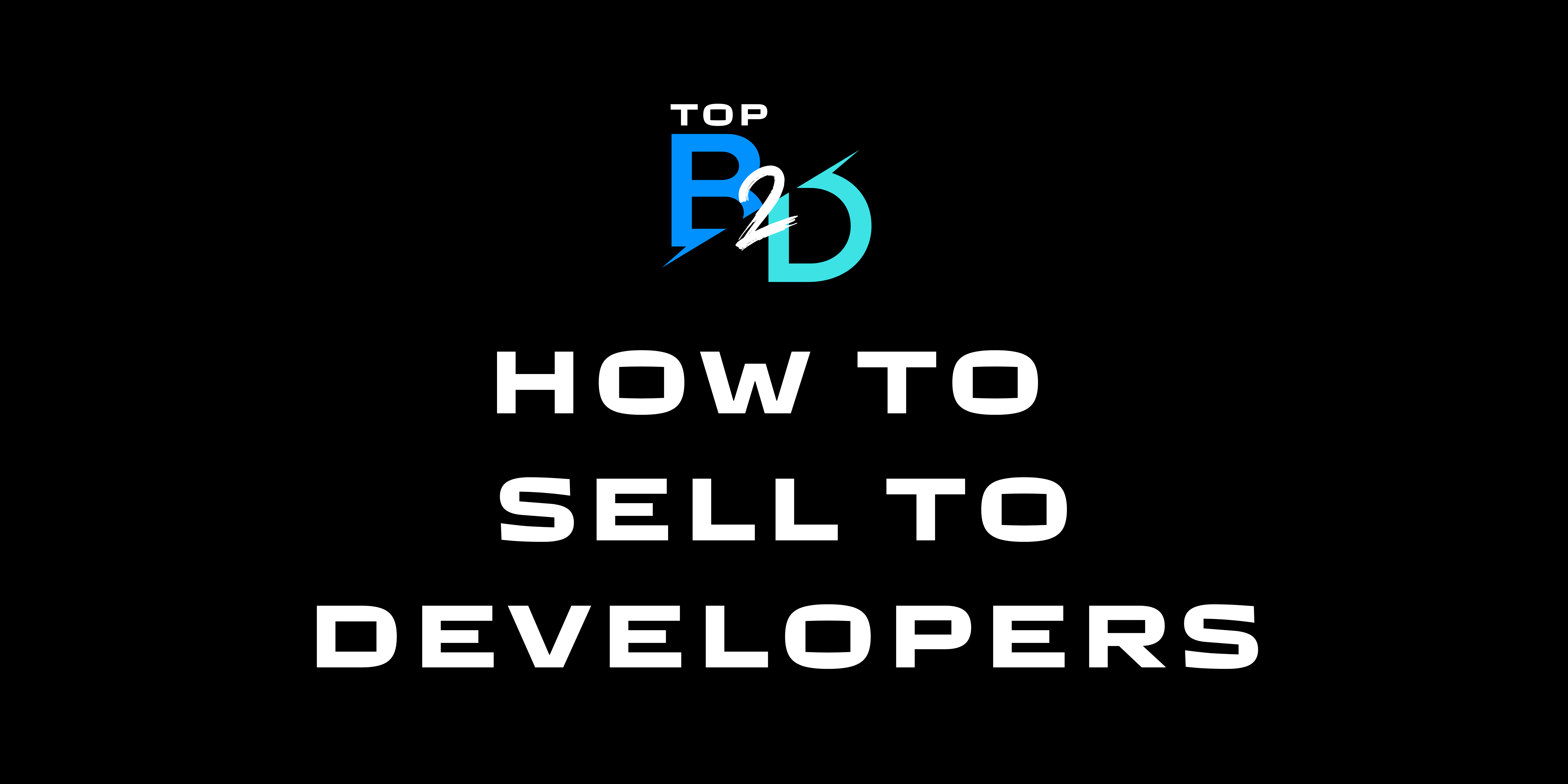Understanding Github as a Marketing Tool
In recent years, Github has emerged as a powerful marketing tool that businesses can leverage to sell to software developers. While Github is widely recognized for its primary role as a platform for version control and source code management, its community-driven structure offers vast opportunities for targeted marketing.
Benefiting from Open Source Culture
Github’s thriving open source culture is one of its most exploitable facets for marketing. Software developers frequently use Github for contributing to open source projects and for collaboration. By actively participating in this open source culture, businesses can not only showcase their products or services, but they can also demonstrate their commitment to the community — an aspect highly valued within the developer community. This active participation, such as contributing codes or solving issues, enhances your brand image and makes your business more appealing.
Engaging Through Documentation
Another unique aspect of Github is its emphasis on documentation. Comprehensive, user-friendly documentation can attract more developers to your repository, which directly decides the visibility of your software or service. A well-written README file is a powerful tool to communicate the features and benefits of a product, highlight its uses, and guide developers on how to use it. This strategy can also help garner user testimonials and build trust among potential customers.
Building Relationships
Lastly, Github fosters a highly interactive environment that allows businesses to engage directly with developers. Through tools like Github issues and pull requests, businesses can communicate with developers, resolve their doubts, and gather their feedback. This direct engagement allows you to build long-lasting relationships with potential customers, increasing customer loyalty and ultimately driving more sales.
How Github Marketing can Boost your Business
Profiting from the ever-evolving digital landscape, innovative enterprises are leveraging Github marketing to boost their business. Understanding developers’ needs, communicating your product effectively, and growing your brand within the Github community can endow your business with a competitive edge, leading to increased visibility, credibility, and eventually, more conversions.
Understanding Developers’ Needs
Github, a platform designed for developers, thrives on collaboration and its massive repository of code. Actively participating in this community requires you to understand the needs of your target audience; the developers. Contribute to open-source projects and offer useful, well-coded solutions. This way, you can elevate your brand image, garner recognition in the community, and expose developers to your products or services.
Effective Communication of Your Product
In marketing on Github, it’s crucial to communicate your product effectively. Developers appreciate the clear and concise presentation of information. The ReadMe file in your Github repository should succinctly detail your product features and technical specifications. Incorporating screenshots or video walkthroughs can also help provide a more comprehensive understanding of your product. Further, maintaining an active Issues section, responding to queries, bugs, or enhancement suggestions can foster engagement and enhance trust in your business.
Grow Your Brand within the Github Community
Lastly, growing your brand within the Github community doesn’t happen overnight. This involves regular contributions to open-source projects, developing relationships with influencers in the developer community, and maintaining an active and helpful presence. Offering well-documented code libraries or frameworks can establish your business as a valuable resource among developers. Remember, in the realm of Github marketing, patience and consistency are key to boosting your business.
Strategies for Effective Github Marketing
In the tech realm, GitHub isn’t just a tool, it’s a community. Thousands of software developers worldwide tap into this platform daily, making it a prime channel to reach this specific market and sell your products or services. It’s crucial to understand your audience firsthand. Test the waters by contributing to existing projects or even starting a few of your own to engage with them.
Github Repository as a Marketing Tool
If executed well, your Github repositories can double as a brilliant marketing tool. Maintain a detailed and well-documented repository to keep developers interested. This is because, in the world of developers, the quality and clarity of your documentation say volumes about your professionalism and attention to detail. High-quality projects with clear documentation are more likely to be starred and followed, giving your repository increased visibility on the platform.
Community Engagement
Participation in the Github community can substantially boost your marketing efforts. Actively participate in discussions, contribute to projects, submit pull requests, and report bugs. The more visible you are in the community and the more you contribute, the better your chances of marketing success. Always remember, it’s about building relationships, not just pushing products.
Open Source Contributions
In the world of Github, open-source contributions are king. They reflect not only your expertise but also your commitment to the developer community. Consistent, meaningful contributions can help you build a positive reputation, increasing your followers’ list and enhancing your visibility. To really stand out, consider developing an open-source project which meets a particular need within the developer community.
Case Studies on Successful Github Marketing
In the contemporary world where software development and open source platforms are on the rise, Github has emerged as a marketing hub. Leveraging Github for promotion not only helps in visibility but also instills trust within the developer community. The following case studies provide a deep insight into successful Github marketing strategies.
Example 1: Microsoft’s Adoptation of Github
One of the most notable cases of Github marketing comes from Microsoft. In a move to engage with open source communities and promote their own developer tools, Microsoft has been heavily involved in Github over the years. By contributing to various open source projects and utilizing Github as a platform for showcasing their tools, Microsoft has managed to enhance their brand image among developers. They have successfully utilized the platform’s strength in community building and collaboration.
Example 2: Facebook’s Open Source Efforts
Facebook is another example of a business effectively using Github for marketing. By open sourcing numerous projects like React, PyTorch, and GraphQL on Github, they have not only given back to the community, but have also created a robust presence on the platform. These open source projects have not only been useful to numerous developers, but have also positioned Facebook as a major player in the open source field, influencing developers to use other Facebook technologies.
Example 3: Docker Harnessing User-Generated Content
Docker, a popular platform-as-a-service company, has utilized Github in a unique way. Instead of solely focusing on promoting their own projects, Docker encourages users to share their Dockerfiles on Github. This not only increases visibility, but also showcases practical applications of Docker, acting as a source of user-generated content. This strategy has increased Docker’s reach and has proven to be a masterstroke in their Github marketing.
Challenges in Implementing Github Marketing & Solutions
The advent of Github as a platform for developers has brought forth innovative possibilities for marketing. However, the unique ecosystem of Github presents certain hurdles that need to be effectively circumvented for optimal outcomes. In the universe of B2D (Business to Developer) marketing, understanding these challenges is vitally crucial.
Targeting the Right Audience
One of the biggest challenges is to target the right set of developers. The developer community on Github is diverse, teeming with professionals of varying fields and expertise levels. Hence, you cannot adopt a one-size-fits-all approach. Finding developers who could potentially be interested in your product requires a deep understanding of their interests, coding preference, and project engagements.
Product Positioning and Communicating Value
The second challenge associate with Github marketing is how to position your product in a way that its value is clearly communicated to the right audience. It involves critically being aware of the value proposition and how it would enrich the developer’s toolkit. A well-explained documentation, demonstration through coding examples or real use-cases can make a striking impact.
The Open Source Paradox
The open source culture of Github adds an additional layer of complexity. Developers prefer open source tools to have the freedom to change and adapt the tool as needed. However, this limits the opportunity for traditional sale of software products. Thus, building business models that leverage the open source foundation, yet yield a profit, remains a challenging puzzle.
Future Trends of Github Marketing
Github has emerged as a powerful platform not only for code sharing & development, but also for business marketing especially targeted towards software developers. In this continuously evolving digital landscape, it’s crucial to stay ahead and updated with the future trends of Github marketing.
Collaborative Coding as a Marketing Strategy
One of the most significant trends is leveraging Github’s core functionality – collaborative coding. Businesses are utilizing this feature not just for creating innovative software solutions, but also for instinctive brand marketing. By openly sharing codes and encouraging developers to contribute their unique insights and improvements, companies can strategically build their reputation among the developer community.
Content Release through Github
Another upcoming trend in Github marketing is content release. More businesses are using Github as a platform for releasing articles, eBooks, guides, and even whitepapers. Using Github’s native markdown language, concise and to-the-point content can be shared directly with developers. This turns GitHub into a powerful content marketing platform, effectively reaching your target audience.
Open-Sourcing as a Community Building Strategy
Open-sourcing has always been at the heart of Github. Future marketing strategies stand to gain immensely by embracing this trend. Businesses are actively creating open-source projects to engage more software developers, seeking their input and feedback. This community building strategy apart from adding value to the project, also aligns with the ethos of the developer community, thus enhancing brand image and credibility.
